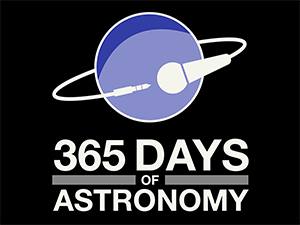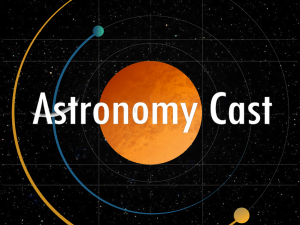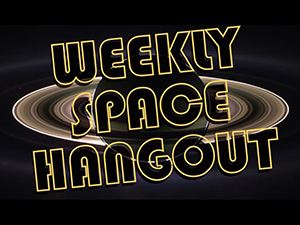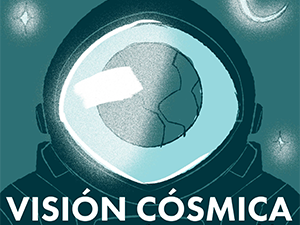
Summer skies are amazing for a lot of reasons. The fact that you can stay warm without wearing vast amounts of clothing is only one of those reasons. This time of year, the disc of the galaxy spills across the sky, allowing folks with binoculars and telescopes to easily observe clusters of stars. Many of these fuzzy star blobs were initially cataloged in the New General Catalogue, which was initially compiled in 1888 and drew on data collected by the likes of the Herschels in the late 1700s and early 1800s and by James Dunlap in the early 1800s.
When these objects were first found, we didn’t know about the differences between newly formed open star clusters, ancient globular clusters, or even galaxies. This stunningly beautiful cluster is 35,000 light years away and sprawls across the sky. Its sprawl and its location not too far from the Milky Way on the sky led to folk believing it was a long open cluster until 1959! Today, this object, which shines in the Scorpio constellation, is known to be an ancient globular cluster. While best observed with something like the Hubble Space Telescope, this system is still stunning in a 12-inch or larger backyard telescope with an off-the-shelf digital camera.
More Information
NASA Goddard press release




 Join the Crew!
Join the Crew!
 Escape Velocity Space News
Escape Velocity Space News
0 Comments